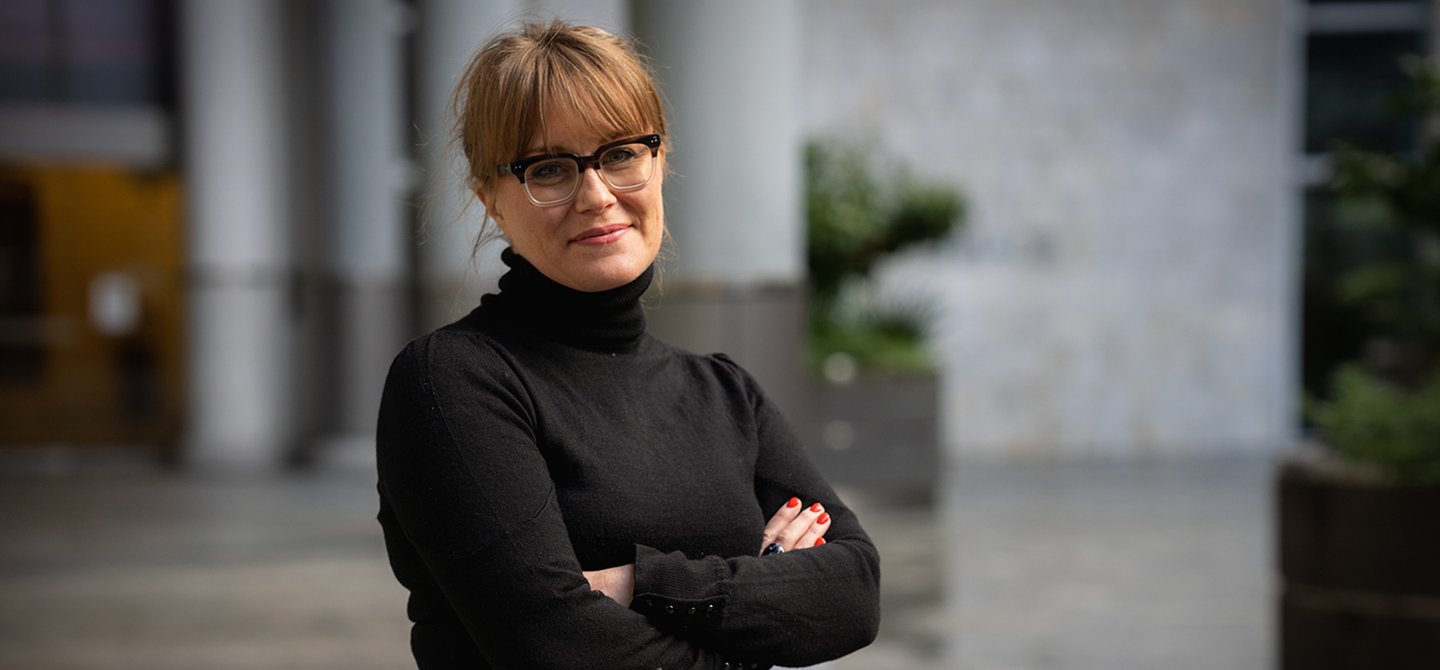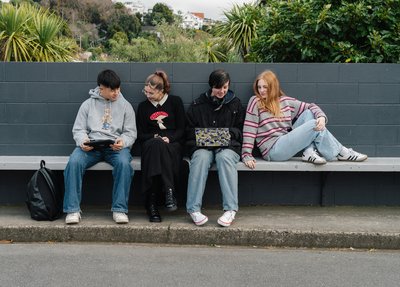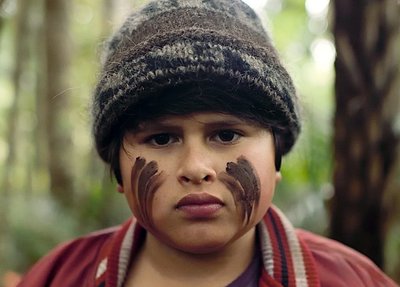
Looking back to better navigate the path ahead: the Chief Censor on the year that was
Caroline Flora, Chief Censor on Dec. 21, 2022
We know that the principles underpinning our work – preventing and reducing harm, protecting young and vulnerable people, empowering New Zealanders, and a commitment to free expression – will endure. The world isn’t static, and neither are we. I ore ate tuatara ka patu ki waho – a problem is solved by continuing to find solutions. I’m proud to be leading this dynamic organisation through this time of complexity and change.
It is a privilege to have joined this team in July of this year. Every day I’m reminded of how capable and experienced this team is. They’re working hard every day to empower New Zealanders to make good, informed choices about what to watch.
I joined the Office in July 2022, taking over the reins from David Shanks. His commitment to reducing harm in New Zealand was absolute, and Te Mana Whakaatu – Classification Office is in good stead thanks to his leadership. I want to acknowledge the vision and resolve David brought to the role in his five years as Chief Censor.
Commercial reality
Our core classification work continues to evolve. The number of commercial publications we classify has declined, reflecting the years-long downward trend in the availability of content released on legacy formats such as DVD and Blu-ray. At the same time, the proliferation of commercial video on-demand continues at pace. Amendments to the Classification Act that came into effect last year placed obligations on major streaming providers to rate their content in line with guidelines set by the Office. I’ve been impressed by how the team has worked closely with industry on the creation, review and approval of their self-rating systems.
The hard parts of the job
Child sexual abuse material (CSAM) continues to make up the majority of content submitted to us for classification by enforcement agencies. It’s a distressing part of our job. But we’re buoyed by the knowledge that our work helps protects survivors from further exploitation. Our work is used to hold offenders to account.
Adapting to growing extremism
The number of publications that deal with violent extremism is increasing steadily. As the ecosystem is adapting its methods, so are we. This year, new powers to issue an interim ban were exercised for the first time, suppressing the spread of hateful publications designed to inspire other attackers. Our Countering Violent Extremism (CVE) team continues to research, educate, and engage with New Zealand and overseas government agencies, experts, civil society and the digital sector.
Building media literacy through research, information, resource
Our two part What We’re Watching report confirmed that while there’s widespread concern about children and young people seeing harmful content in both traditional media and online, most of us are finding it hard to protect our tamariki and rangatahi. Most Kiwis use classification information when making viewing choices for children. We’ve made this information easier to find and understand by developing our website to include a comprehensive online database, and we’ve provided simple guidance for activating parental controls on various streaming and gaming platforms.
Working with educators
We continue to be a trusted and highly visible source for viewers wanting to make informed decisions about which films and shows are the right fit. An exciting development in our pornography work was the release of Ka huri i te kōrero – Changing the conversations about pornography, a resource created in collaboration with the Ministry of Education, which gives educators the confidence to have conversations about pornography with rangatahi in a way that works for them.
Collaborating for better reach
As a small organisation, we’ve found that the reach and impact of our mahi can be maximised by joining forces with a broad range of agencies and non-government actors, both here and abroad. Our Youth Advisory Panel provides us with a vital perspective on the views of rangatahi, which directly informs our classification decision-making. Our close working relationships with officials from NZ Police, DIA, Customs, and the Courts help us to identify and address emerging issues.
2023 looks like this
The Office will concentrate on three broad priorities for the next year of mahi.
We will continue to do our core business well
We’ll deliver on what we’ve said we would, make difficult decisions on important issues, and do that professionally and consistently.
We will better articulate our commitment to Te Tiriti o Waitangi
As an independent Crown entity, we have an obligation to uphold the principles contained in our most important constitutional document. But it’s not just an obligation, it’s a responsibility. Equity is one of our core values, and that involves thinking deeply about the impact our work has on Māori. Further incorporation of te ao Māori into our work will benefit us all.
We will prepare for the future
We know that the current regulatory system isn’t going to work for new and emerging challenges. I’m readying the organisation for change and laying the foundations for a different future. We know that the principles underpinning our work – preventing and reducing harm, protecting young and vulnerable people, empowering New Zealanders, and a commitment to free expression – will endure. The world isn’t static, and neither are we. I ore ate tuatara ka patu ki waho – a problem is solved by continuing to find solutions. I’m proud to be leading this dynamic organisation through this time of complexity and change.
Subscribe to our blog
Stay up to date with the Classification Office blog.


